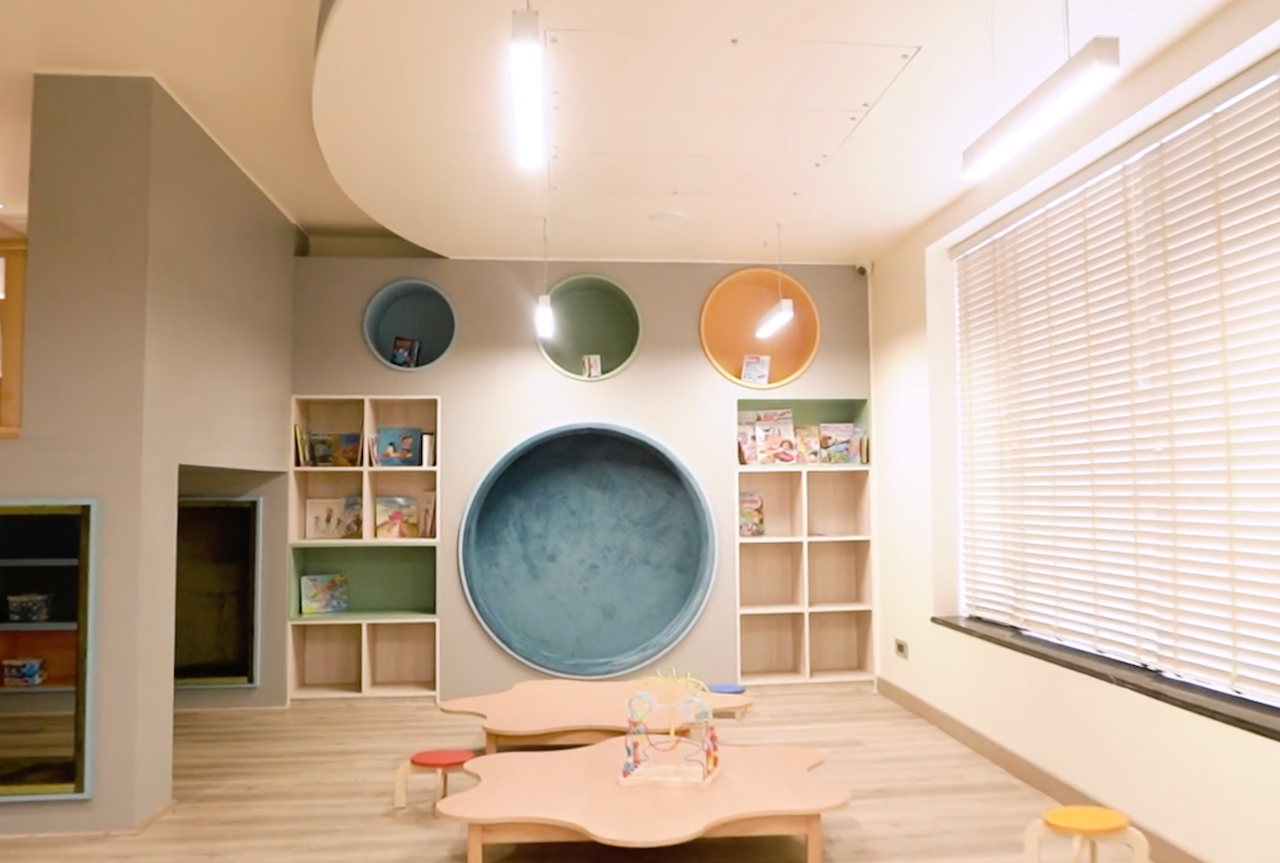 When you have identified land for a school, it is a good idea to conduct a feasibility study. Setting up a school entails significant investments, if these decisions can be informed with professional advice, they should be taken up. As in any business, the school project report investigates the viability of a prospective school venture and alternatives available. It takes into account the pros and cons of undertaking the project, at an early stage.
When you have identified land for a school, it is a good idea to conduct a feasibility study. Setting up a school entails significant investments, if these decisions can be informed with professional advice, they should be taken up. As in any business, the school project report investigates the viability of a prospective school venture and alternatives available. It takes into account the pros and cons of undertaking the project, at an early stage.
A feasibility study should be undertaken to explore potential stakeholders, understand market dynamics and possible outcomes. It establishes competition landscape, an evaluation of potential student density, the factors that do (or do not) appeal to parents and students, the nature of schools they seek, factors critical to parent decision making.
The report explores the challenges in setting up the school. The local factors that shape the nature of a school. Often the administrative requirements, the local governance requirements can shape capital requirements. e.g. a change in fire safety policy can mean significant changes in the school plan. So the feasibility study must also have an ear to the ground in expected policy shifts and trends in education.
Setting up the physical infrastructure is only the beginning. If the report does not consider the willingness of talent to work out of the location then the investor is in for a rude awakening when it comes to making it operational. Other operational challenges are the availability of resources, the impact on cost, the accessibility of ancillary services. All of these impact the viability of a school. e.g. health services should be easily accessible with a workable emergency response procedure.
Perhaps an important question is WHEN should a feasibility study be conducted. A feasibility study may seem like an expense that can be avoided. However, it is due diligence one must undertake at the onset of any project. Not performing one can lead to expensive quagmires.
“Begin at the Beginning,” when you have identified a school as your area of interest and have the general location that you prefer, the feasibility study should be commissioned or undertaken immediately. While it can also be undertaken if you are already in possession of the land or building, the ideal time is when you have not yet invested any significant capital.
The study should leave you with an understanding of the possibilities and micro-dynamics of the school, perhaps even other alternatives you could explore, backed by sufficient investigation and research to support decision making.
The report must not be considered as an execution plan of the project, it is a decision enabler for project initiation only. The conclusions or results of the study outlines all the conditions examined, followed by strengths and implications. In some cases, there might not be a clear outcome. And these implications can be affected by a change in market forces or policy shifts. It is important to understand that as a study it must consider positive and negative influences in the environment. It is up to the investor to make good of it, to assess the trade-off and the rewards of moving forward with the project.
When we conduct a feasibility study, we clearly establish lay of the land, the viability of the project, challenges and alternatives. You are then in a position to take an informed and considered decision.



